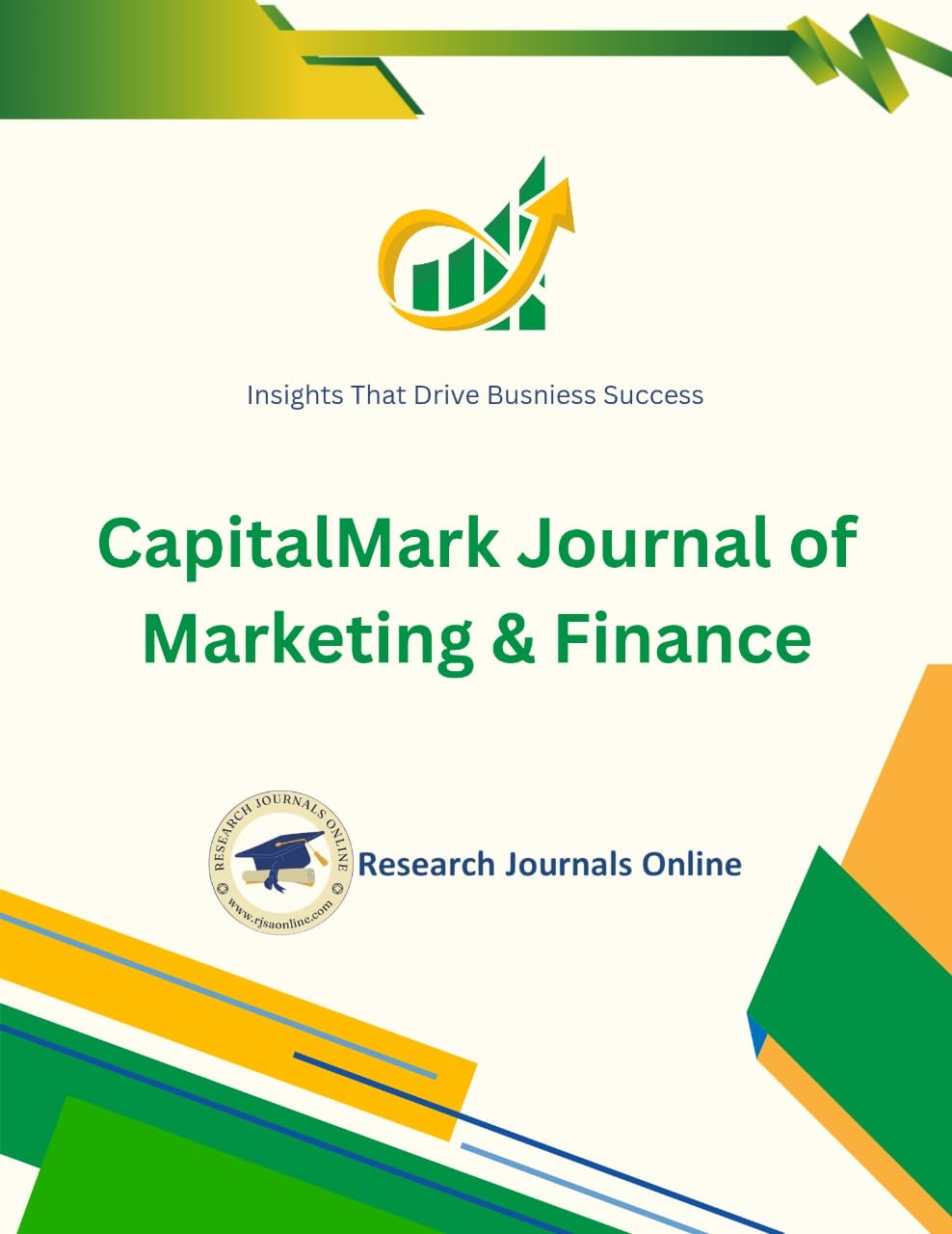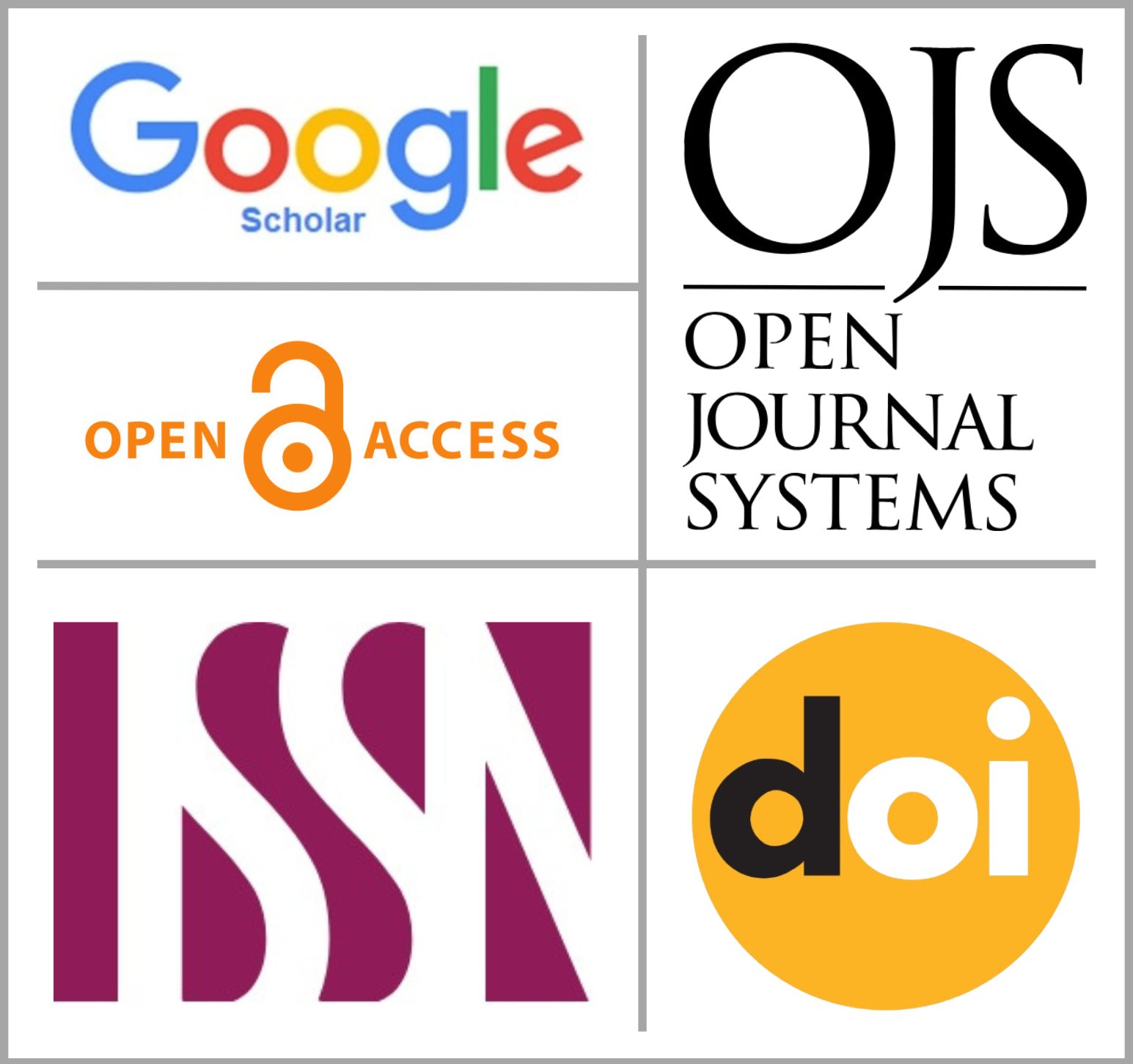Journal Information:
-
Name of Journal: CapitalMark Journal of Marketing & Finance
- ISSN (E): 3106-7220
- ISSN (P): 3106-7212
- Journal Frequency: Quarterly
-
Language: English
-
Name of Publisher: Research Journals Online (SMC-Private) Limited
-
Review Type: Double Blind Peer Review
-
Area of Publication: Marketing, Finance, Business Administration, and Economics






